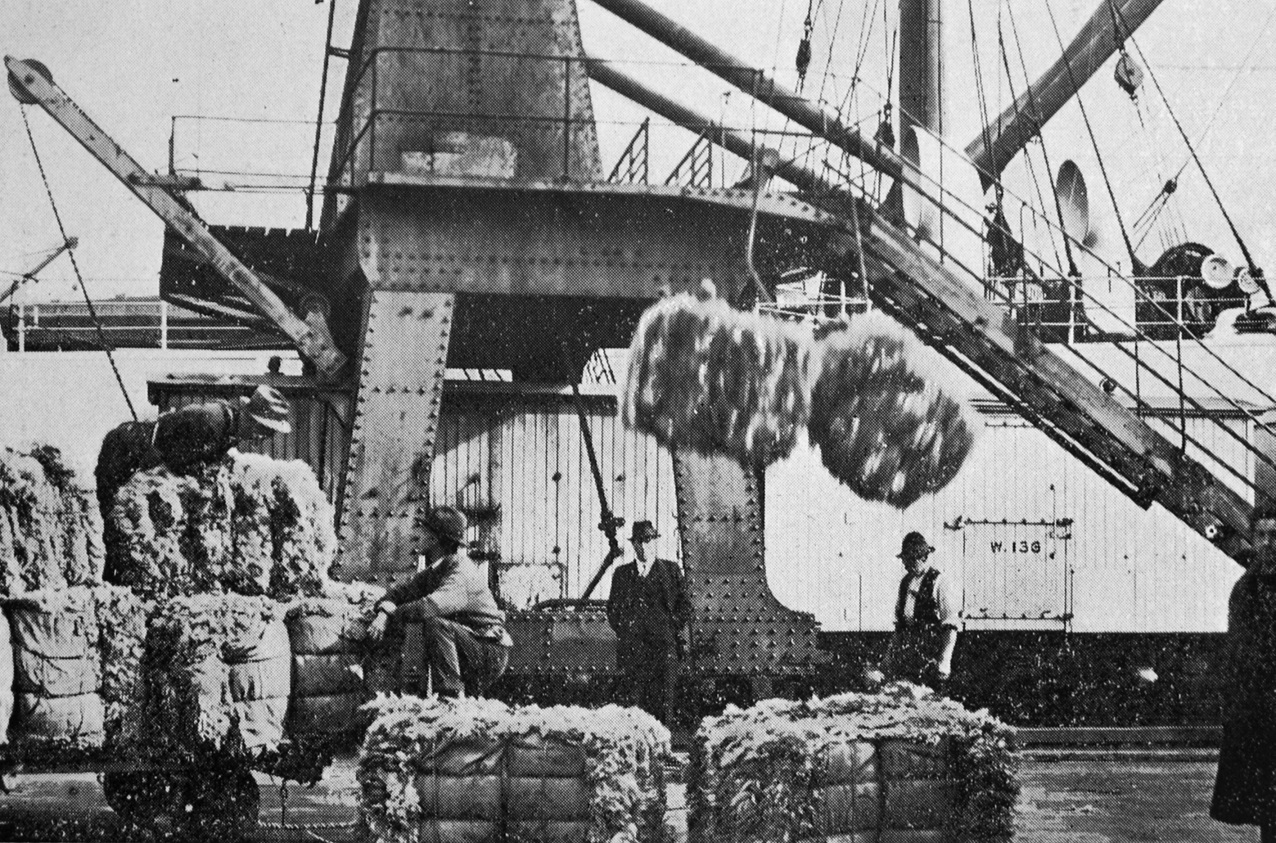
Time for Nats to coalesce?
Serving their country at the flat rate of 45 pounds an hour or thereabouts, parties in the House are held up by a tangle about names. Neither side shows precisely by what name it prefers to be invoked, nor by what name it may most effectively slang-whang the other. The Reformers are not less liberal than the Liberals; the Liberals care as much or as little for Reform as the Reformers. Labour is Labour on the principle that there should be as little labour as may be, — "go slow" the rule; the end, maximum pay and minimum product. Politically, Labour is not a party; with its Bolshevist ideals and instinct for disloyalty, Labour bears the brand that Gambetta used to fix on le cloricalisme — "the enemy." To our political system two parties are essential; there must be His Majesty’s Government and His Majesty’s Opposition, the Ins and the Outs, the Big Binders and the Little Enders, the Whigs and the Tories. Whig and Tory were excellent names. Nobody knew what they meant; they had no meaning; nobody knew where they came from. Liberal and Reformer are descriptive names, and the trouble with us is that they misdescribe. Distinctions factitious and fictitious — away with them! It is time to concentrate on one Great National Party against "the enemy."
Heroes’ deaths in hydro tunnel
The deaths of the seven men who unfortunately lost their lives in the Mangahao tunnel were plainly due to the lack of ventilation of the workings. The question in which the public is deeply interested and to which it hoped to secure a reply at the inquest on the victims of the tragedy is whether any neglect was chargeable against the authorities. It is easy to be wise after the event. The department now recognises the necessity for the observance of increased precautions, and it has decided that fresh appliances shall be utilised to ensure a desirable circulation of air in the tunnel. By these means it is hoped that any danger of the recurrence of trouble will be averted. As it is, if there had been no interruption of the machinery which operated the electric fan, there would have been no loss of life, and it would seem that, if instructions had been obeyed, the number of the fatalities would have been smaller than it was. When the first man was known to be in danger, however, others acted with haste in the determination to succour them as far as possible. In the presence of grave danger to their comrades, men will always accept great risks and those who expired at Mangahao in the effort to save their comrades have added their names to the long roll of industrial heroes. — ODT, 15.7.1922












